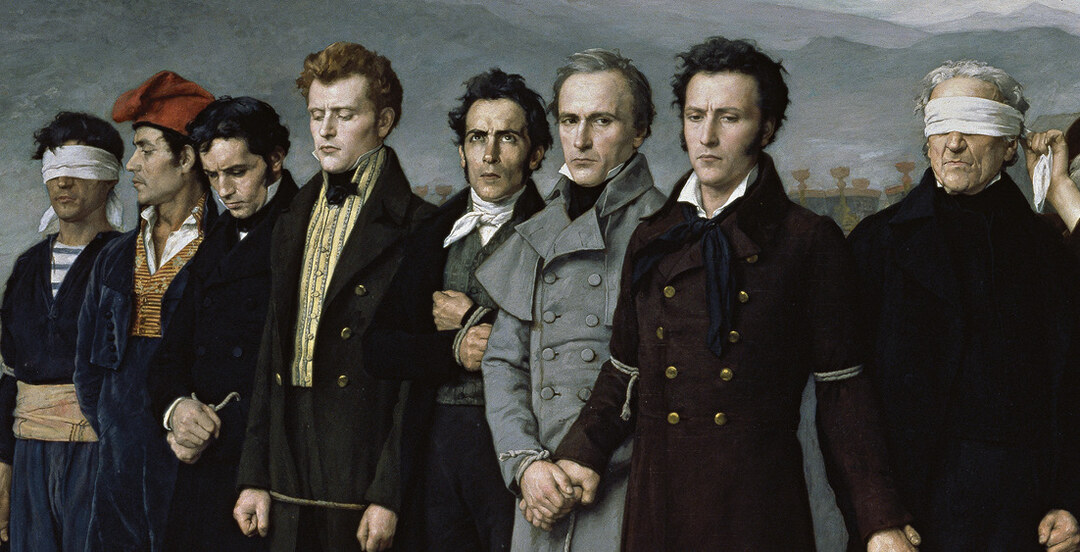
What Is Epistemic Injustice & Does It Matter?
Epistemic injustice is a kind of unfair treatment related to a person’s ability to know things. It occurs when someone is harmed in their role as a knower, affecting both their knowledge and how others perceive their knowledge. This type of injustice is tied to social power, making it both an ethical (concerned with right and wrong) and an epistemic (related to knowledge) issue.
An example of epistemic injustice can be seen in the 1944 film “Gaslight.” The story revolves around a man, Gregory, who tries to make his wife, Paula, believe she is going insane to cover up his criminal actions. Gregory manipulates Paula, making her doubt her perceptions and memory. Although the term “epistemic injustice” wasn’t used at the time, the movie illustrates the concept.
Philosopher Miranda Fricker introduced the term “epistemic injustice” in her 2007 book. She identified two types: testimonial injustice and hermeneutic injustice. Testimonial injustice occurs when prejudices lead someone to doubt another person’s words unfairly. Hermeneutic injustice happens when a lack of cultural resources puts certain individuals at a disadvantage in making sense of their experiences.
Since Fricker’s book, the understanding of epistemic injustice has expanded to include categories like epistemic exploitation, testimonial betrayal, and epistemic microaggressions. Epistemic exploitation involves coercively extracting knowledge from individuals in the service of others. Testimonial betrayal is a form of testimonial injustice within intimate relationships, and epistemic microaggressions involve brief, commonplace acts that signal someone’s epistemic inferiority.
Epistemic injustice is harmful because it denies credibility to individuals, hindering their ability to share knowledge and achieve their goals. It can also erode confidence in one’s own abilities, leading to difficulties in decision-making. Additionally, it has political consequences, potentially excluding valuable perspectives from democratic discussions.
To address epistemic injustice, Fricker suggests cultivating habits of virtuous listening. This involves being aware of prejudices and actively correcting their impact. However, complete eradication may require eliminating unjust biases about different groups, which could involve significant social changes, including interventions in education and promoting unbiased cultural resources.



